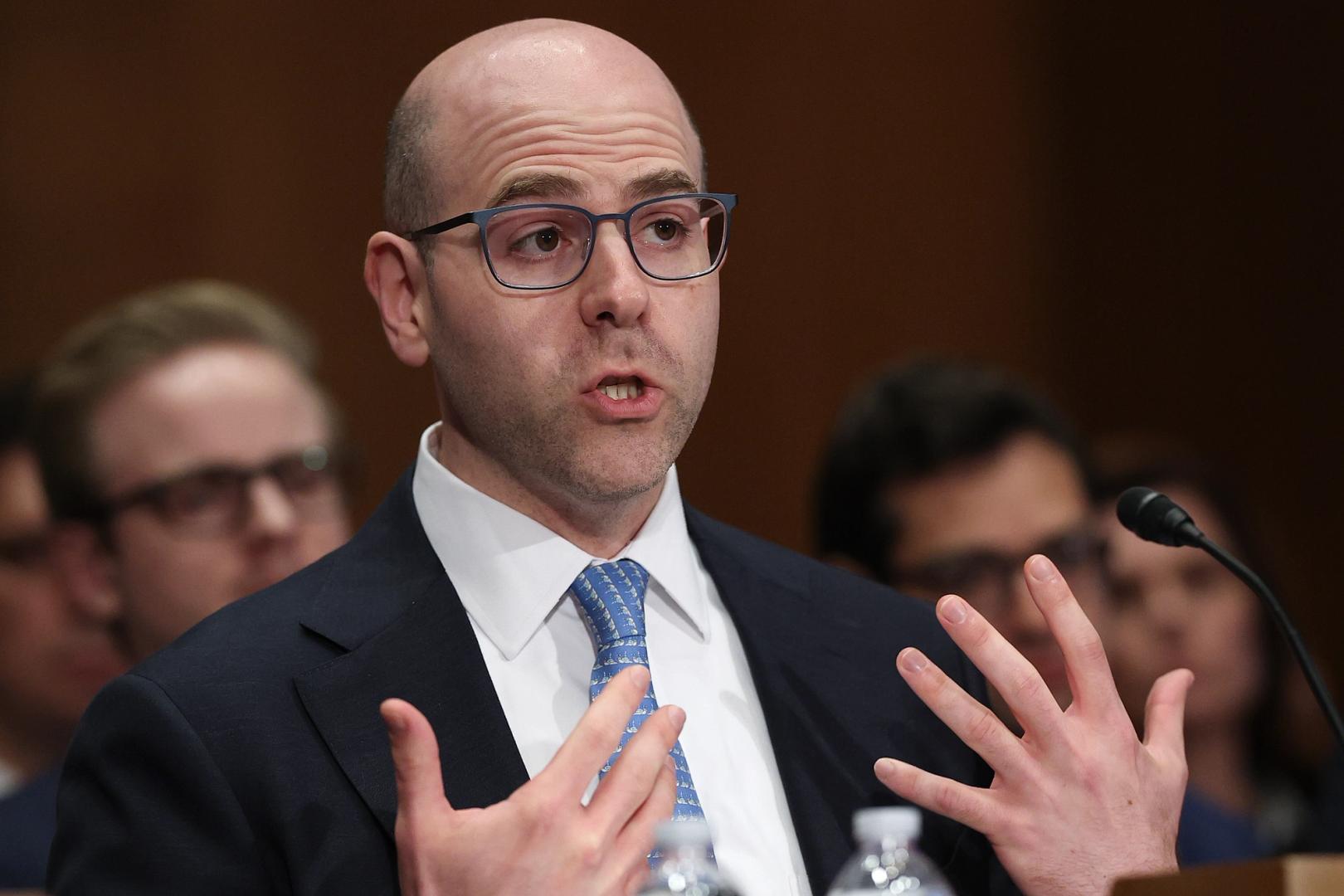Weekly Crypto Regulation Roundup: From Samourai’s Courtroom Reckoning to Mamdani’s Win and Lummis’ Bitcoin Push
The week in crypto regulation was a rollercoaster, marked by courtroom drama, political shifts, and high-level debates about the future of Bitcoin in government policy. From the Samourai Wallet founders facing prison to Zohran Mamdani’s win, which could mean stricter rules in New York City, the global conversation around digital assets continues to evolve at the intersection of finance, politics, and technology.
Samourai Wallet Founders Face Prison in U.S. Crackdown
U.S. prosecutors are seeking the maximum five-year prison term for Samourai Wallet co-founders Keonne Rodriguez and William Lonergan Hill, accused of running an unlicensed money-transmitting business and facilitating large-scale money laundering.
Authorities allege that the pair “repeatedly solicited and encouraged criminals” to use Samourai’s crypto-mixing features to conceal illicit proceeds. The case represents a defining moment in the government’s widening assault on privacy tools, drawing renewed concern from developers and advocates of open-source software who fear being targeted for simply building technology that enhances anonymity.
The Department of Justice has increasingly equated privacy-enhancing services with financial crime, showing how regulators are expanding the scope of enforcement from centralized exchanges to code developers themselves.
Zohran Mamdani’s NYC Mayoral Victory Could Tighten Crypto Oversight
In New York City, Zohran Mamdani’s mayoral victory could reshape the city’s crypto policy sector. Known for supporting consumer protections following the collapses of FTX and Terra, Mamdani has also backed a moratorium on proof-of-work mining that uses on-site energy generation and floated the idea of a crypto transaction tax projected to generate over $158 million annually.
His win—accurately predicted by Polymarket traders with 92% precision—indicates investor expectations for a more watchful regulatory tone. While crypto remains an increasingly visible part of New York’s economy, Mamdani’s stance suggests the city may prioritize environmental and consumer concerns over unfettered innovation.
Meanwhile, the FMLS25 conference in London saw industry leaders debating how traditional finance (TradFi) and digital assets can coexist under stricter global frameworks—a fitting backdrop to New York’s shifting sentiment.
Lummis Revives Debate on U.S. Bitcoin Reserve
In Washington, Sen. Cynthia Lummis reignited debate by calling for a Strategic Bitcoin Reserve to help offset the ballooning U.S. national debt.
Lummis described the idea as “the only solution” capable of counterbalancing the country’s fiscal burden, arguing that Bitcoin’s long-term appreciation could strengthen the national balance sheet. She applauded President Trump’s openness to the idea and confirmed that the Treasury and White House are studying structural options beyond traditional gold revaluation.
While still theoretical, such a move would mark a historic shift—embedding Bitcoin into the U.S. sovereign financial framework for the first time.
Coinbase Faces Regulatory Fire in Europe and the U.S.
Coinbase made headlines on two regulatory fronts this week. In Europe, the exchange’s Irish arm, Coinbase Europe Limited, was fined €21.5 million ($24.7 million) by the Central Bank of Ireland after a series of “critical compliance lapses” in its anti–money laundering systems.
Between 2021 and 2022, roughly 31% of customer transactions—worth more than $200 billion—went unscreened due to coding failures, according to the Irish Independent.
Across the Atlantic, Coinbase urged the U.S. Treasury Department to prevent regulatory overreach in implementing the GENIUS Act, warning that excessive rulemaking could stifle innovation and drive talent offshore.
The company called for developers, validators, and open-source protocols to be excluded from regulatory classification, and proposed recognizing payment stablecoins as cash equivalents to simplify taxation and accounting.
Coinbase’s dual battle shows the exchange’s precarious position as a bridge between compliance and innovation—a stance that increasingly defines the crypto industry’s regulatory identity.
Trump’s Solana Gambit and Post-Election Reaction
Amid political turbulence, President Donald Trump’s crypto initiative, World Liberty Financial (WLFI), announced a major expansion onto the Solana blockchain through partnerships with Bonk and Raydium. The move integrates WLFI’s USD1 stablecoin into Solana’s DeFi ecosystem, indicating the administration’s ongoing pivot toward blockchain-backed finance.
A post on X described the initiative as part of a broader mission to “rebuild Solana”, emphasizing USD1’s role as a native settlement layer for traders and creators. The partnerships shows a renewed U.S. push to assert technological leadership in decentralized finance despite growing regulatory scrutiny.
Following the elections, Trump claimed Democrats’ victories stemmed from his absence on the ballot—a statement that contrasts sharply with the momentum his digital-asset initiatives continue to build in Washington and beyond.
The Week Ahead
The past week showcased how crypto regulation now sits squarely within mainstream political and economic debate—from New York City’s progressive stance to Washington’s Bitcoin ambitions and Europe’s compliance crackdowns.
As policymakers, developers, and institutions continue to collide, the defining question for the coming months will be: Can crypto’s decentralized ideals survive the realities of state power and financial governance?
You May Also Like

U.S. Fed's Miran Says Policy Needs to Adjust to Stablecoin Boom That Could Reach $3T

AUD/USD recovers early losses as US Dollar struggles to extend upside
